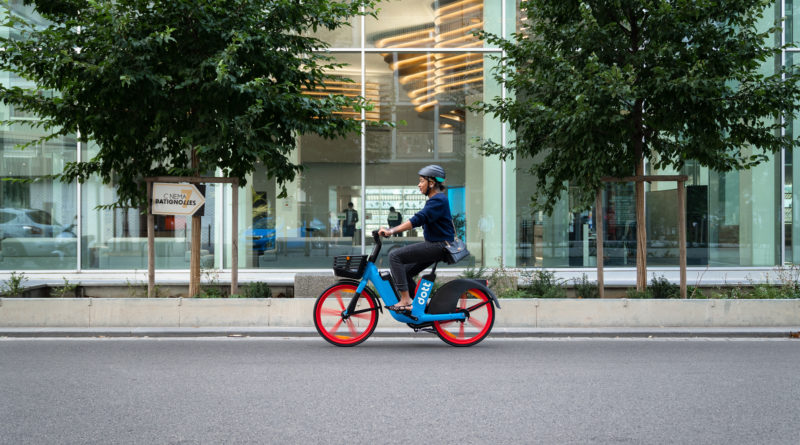Dott launches e-bikes in London for the first time
This week saw the arrival of Dott e-bikes in London, coupled with a unique Hammersmith & Fulham based Sobus partnership, offering discounts, free trips and training sessions, supporting mobility for voluntary and community sector organisations.
With over 250 e-bikes initially available across Hammersmith and Fulham, the scheme will make it, “easier to choose environmentally friendly travel, whether for a whole journey or combined with public transport during longer journeys.”
Duncan Robertson, General Manager UK & Ireland, Dott, said: “Our new e-bikes unlock cities and make them easier to get around, which we hope will help more people choose to travel in an environmentally friendly way. This collaboration with the borough of Hammersmith and Fulham marks the start of our London service, with Dott’s e-bikes soon to be available further across the capital.”
As Dott expands its operations beyond e-scooters, encouraging people to switch to sustainable travel, the economic climate will likely also drive a significant shift toward embracing micromobility.
Exploring this key transport mode-shift role, Dott operations in Italy have reported, “an 80% growth in the last ten days alone, compared to January in the number of electric bike rentals.” What’s more telling is the peak time usage – “between 08:00 and 10:00 and between 17:00 and 19:00” – clearly demonstrating a target audience which is heavily commuter based.
As the cost of fuel continues to rise, along with the cost of living, micromobility solutions (informal transport) paired with rail and bus networks (formal transport) will increasingly need to merge, creating mobility hubs from which car free journeys can be managed and delivered.
As Sustrans outlines, “making it easier for people to access public transport by foot or by cycle is essential to enabling people to reduce their reliance on the private car, as well as alleviating congestion in our urban centres and around principal public transport stations.”
Micromobility schemes will play an increasingly vital role in making this shift happen. Reinforcing this point, research conducted by Collaborative Mobility UK (CoMoUK) found that 53% of bike share scheme users chose a scheme in place of car or taxi.



